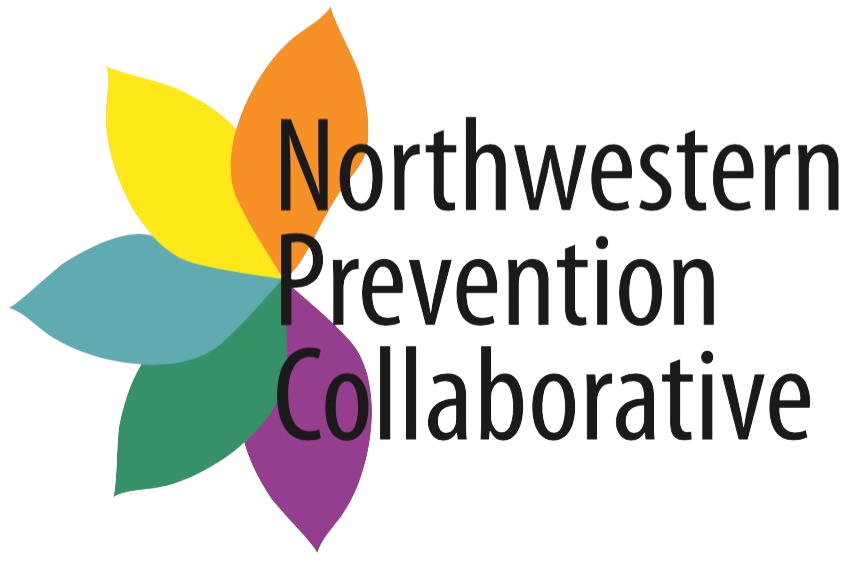Developing hope in children is paramount to helping them have a successful life. People who are more hopeful tend to do better in many areas—in school, in their employment, in overcoming trauma, in overcoming health issues—in many areas of life. In fact, in HOPE Rising, authors Casey Gwinn, J.D. and Chan Hellman, Ph.D. write “The predictive power of hope in a person’s life is greater than any other character strength.”
And the best news is that hope can be taught.
In this article, we will give you some tips for building hope—some from our own experience, and some from what Gwinn and Hellman wrote. You will find that a few of the tips are similar to the ideas presented for cultivating resilience because the two are so closely intertwined. Before we begin, however, let’s address a few important basics.
What is Hope?
“Hope is about goals, willpower, and pathways,” Gwinn and Hellman write. It is not an expectation, a feeling, or a wish. They explain, “Hope is the belief that your future can be brighter and better than your past and that you actually have a role to play in making it better.”
Hope vs. Wish
One of the most important distinctions Gwinn and Hellman make early on is that a hope is not the same as a wish. The key lies in what you have control over. For example, if you tell someone, “I hope you have a good day,” you have no role in making that happen. You are actually wishing them a good day, because a wish relays a desire you have no control over. A hope is actionable. You can work towards making your goal a reality.
Teaching Hope
How can we develop hope in our children? How do we teach something that seems as abstract as hope? (On a side note, Gwinn and Hellman make it clear that hope is concrete and measurable; if you are interested in learning more, we strongly recommend you read the book.) Here are a few things you can do as a parent:
- Help your children set and achieve small goals. The desires of a child can be endless, complicated, or simple. Talk with your child and figure out a few things that really matter to them. For example, perhaps they want more time with you. They can work towards making that happen by helping with chores around the house. Perhaps they want a specific toy. Help them determine a way to earn money towards it.
- Teach them flexibility. If a child’s hope is canceled out, help them consider alternate goals or alternate ways of achieving the original goal. For example, if a teen wants to be a football player but isn’t athletically talented enough, help them focus on other things that they love and explore career fields in those areas instead. If a child wants a dog but it’s not something your family can do at this time, help them prepare for having a dog in the future, even if it is far away: take them to the library to check out books on dog training or watch videos. Research different types of dogs. Talk to dog trainers, kennel owners, dog groomers, or veterinarians to ask if you can observe their work for an hour or two. And in the meantime, perhaps you can find a family whose dog could use a little extra attention now and then!

- Speak nicely to your children. Gwinn and Hellman point out, “The American Psychological Association has said for years that you need 11 positive messages to overcome one negative message delivered to a child.” Stop for a moment a really think about what that means. It’s not just the intentionally cruel messages like “You’re stupid,” that some people may say to make themselves feel more powerful. It includes negative statements about their abilities that we might make when we are trying to keep them safe.
One example might be that you tell your child they aren’t strong enough to climb a tree, when what you really mean is that while you know they are strong and agile, accidents happen and you’re afraid for their safety. Other statements might come from our own fear of our child being rejected, or our own shame of not being able to provide them with the pathway to achieve their goal—telling them they aren’t smart enough or good enough for a certain profession or sport, for example.
Encourage their dreams and let them decide on their own when they want to switch career paths. If finances impact your ability to support your child’s dream, be honest. They won’t love you less because you can’t give them everything. Tell them the truth and help them figure out another way they can work towards their goal. That’s what they’ll remember.
- Teach them to speak positive affirmations. We have addressed this before on this site, but it is worth repeating. Remember, it takes 11 positives to overcome a negative. That applies to children and adults! Regularly speaking positive affirmations to ourselves and to others can build us up in many ways, including cultivating hope in our lives. If we regularly tell ourselves that we are strong and friendly, we will begin to believe it and act it.
- Focus on the “I can.” When you tell yourself “I can’t…” before starting out on a project or learning a new skill, you are going to prove yourself right. Teach your child to say, “I can.” If needed, help them identify the steps they need to take to achieve their goal and repeat “I can…” at each one.
- Create things to look forward to. “We all need things to look forward to in life,” point out Gwinn and Hellman. These don’t have to be big vacations or long-term goals. They can be simple things, and they can be things your child can help make happen. Perhaps once the children all finish their daily chores, you can take a trip to the library. Maybe the children have to work together to choose a movie in order to have a special movie night with popcorn. You might be surprised at how excited a child can get if you tell them you will all create a tent in the living room and have hot chocolate!
- Cultivate an attitude of gratitude. It is no surprise that gratitude increases hope; we have written before about its relationship to resilience. When you can appreciate the small things, you become content and you look forward to those small pleasures in life.
There are many other nuggets of wisdom in HOPE Rising and its accompanying website, hopescore.org. But perhaps the most important thing to remember is that hope can be developed in yourself and in your children. And you can start today!

